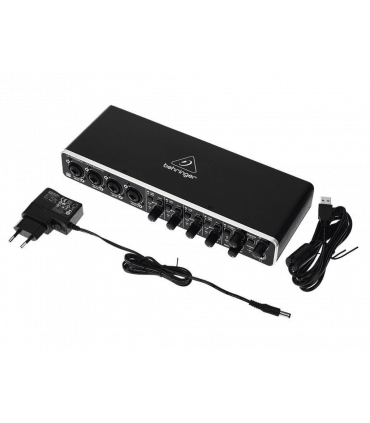

I decided to go with an audio interface this time.Īudio interfaces generally have fewer options and controls than an audio mixer. I could have upgraded my mixer to a USB Multi-track mixer but these are generally more expensive and larger than an audio interface. This is a problem because I can’t edit the show as easily if everyone is mixed together in a single track. I have a mixer already but it is older and doesn’t allow me to record multiple tracks separately. A digital recorder is more compact and great for mobile recording and an audio interface is somewhere in between. The decision between a mixer (mixing board), digital recorder, or an audio interface.Ī mixing board has more options and gives you more control. There are a lot of options both in quality, features, and price.įirst, you need to know if an audio interface is the best choice for your podcast studio. Choosing a microphone to match your studio environment, your voice and your budget is a personalized decision.Ĭhoosing an audio interface is no different. There are different types of microphones and the prices vary significantly. The podcast microphone gets most of the attention when it comes to podcasting gear. What works for my podcast studio setup might not be the best solution for you. That is because podcasting is very personal and podcast studio setups can be customized to meet specific needs. And it can be confusing because of contradictory opinions about which setup is the “best”. The UMC404HD and an Audio Processor (MDX 4600)Ĭhoosing podcast equipment can be difficult because there are so many options.The Behringer U-Phoria UMC404HD and VoiceMeeter.The Behringer Uphoria UMC404HD and Reaper DAW.The Behringer Uphoria UMC404HD and Audacity.


 0 kommentar(er)
0 kommentar(er)
